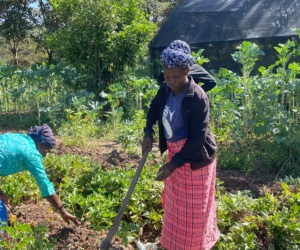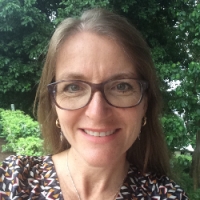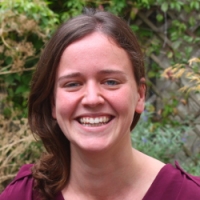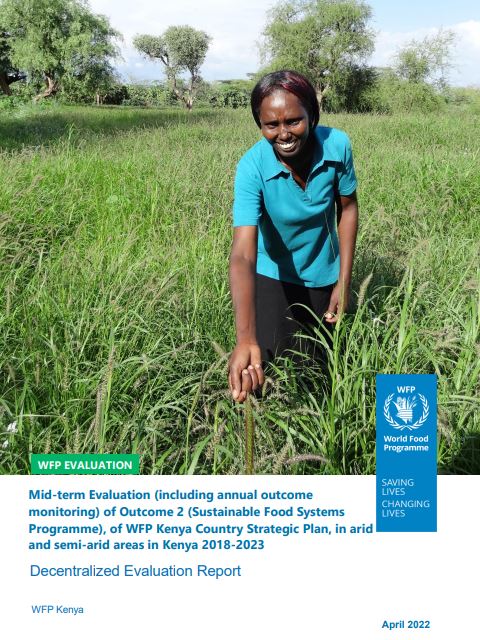WFP Kenya Sustainable Food Systems Programme M&E
2023
WFP, Kenya
Between 2019 and 2022, Mokoro were responsible for the long-term monitoring and evaluation of WFP Kenya’s Sustainable Food Systems Programme in the arid and semi-arid areas of Kenya (Outcome 2 of WFP Kenya’s Country Strategic Plan 2018-2023). This assignment was awarded under the Long-term Agreement framework that Mokoro holds with WFP, and involved valuable contributions from partners The Food Economy Group (FEG), and Valid Evaluations (VE). Mokoro completed a baseline evaluation in 2019 and annual outcome monitoring exercises in the subsequent three years (2020-2022), as well as a mid-term evaluation (MTE) in 2021. The MTE Report 2022 is available as the associated publication.
The Sustainable Food Systems Programme aimed at ensuring that “targeted smallholder producers and food-insecure, vulnerable populations benefit from more sustainable, inclusive food systems and increased resilience to climate shocks enabling them to meet their food and nutrition needs by 2023”. It built on WFP’s earlier experience in livelihoods interventions and agricultural market support but represented a considerable shift in focus, going beyond the traditional model of asset creation with a broader focus on food systems. A core part of the programme strategy was the capacity strengthening of national and county governments.
A large team of experienced survey experts and statisticians complemented experienced evaluators and thematic experts in areas including food systems, resilience, and gender and inclusion. The Mokoro team developed a full theory of change for the intervention at baseline, which fed into an evaluation matrix that guided the mid-term evaluation, as well as a table of indicators that was followed during the outcome monitoring exercises. The table of indicators included indicators from the WFP corporate Common Results Framework and additional indicators related to resilience, nutrition-sensitive programming, and capacity strengthening. A core component of the outcome monitoring data collection was a household sample survey of 3,500 households in eight counties. This was supplemented by key informant interviews, focus group discussions and an online survey sent to informants at county level. The 2020 and 2021 outcome monitoring exercises had to be adjusted so that some data collection could proceed despite COVID-19 restrictions preventing any of the usual direct contact with informants at national, county and household levels. A remote household survey was conducted from a call-centre and many indicators had to be omitted because of the severe limitations on how much information can be collected remotely at household level.





